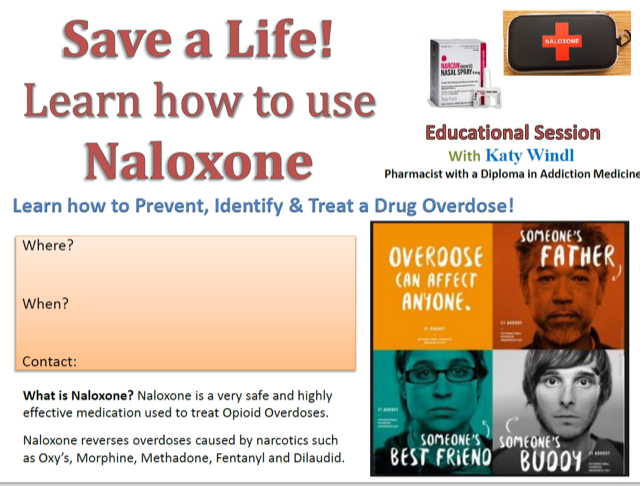As you are likely aware, an illegal drug overdose crisis continues to grow in our province.
The Saskatchewan Health Authority (SHA) recently issued a public service announcement, urging precaution for opioid overdose in our region.
This advisory from the SHA comes as a result of recent overdose deaths - attributed to fentanyl - reported in Saskatoon.
Fentanyl is an opioid painkiller that is considerably more toxic than heroin, oxycodone or morphine, making the risk of accidental overdose very high. Fentanyl is often added to illegal drugs without people knowing. You cannot see it, smell it or taste it.
The safety and well-being of every student is of the utmost importance to us all, and while we may not be able to prevent illegal drugs from entering our schools and communities, we can take steps in the collective effort to keep our children safe.
I strongly encourage you to have frank and open conversations with your children on the topic of substance abuse and overdose. Nonjudgmental and supportive dialogue about substance use and overdose risks can save lives.
The Health Authority recommends that you discuss with them the very real dangers that exist:
- Talk to your older children about being responsible at parties where drugs may be available.
- Discuss with them the signs and symptoms of an opioid overdose; as well as the steps they should take if they believe someone has overdosed.
- Tell your children to call 911 if they believe someone is overdosing. Many people are afraid to call 911 for fear that they will face police prosecution. The Good Samaritan Drug Overdose Act protects anyone experiencing or reporting an overdose from facing drug possession charges. Let them know that their safety and the safety of their friends is what matters most.
- The greatest risk for accidental overdose death is when someone uses drugs alone – because no one is there to call 911 if they overdose.
- If someone you know is using drugs, there are treatment and support options available. Addictions counsellors are available to provide support and treatment options by contacting 1- 888-989-8444 or call the province’s HealthLine number (811) to speak to someone about treatment options and services.
Honest dialogue about this growing concern is a critical step in our collective effort to keep students safe from harm.

